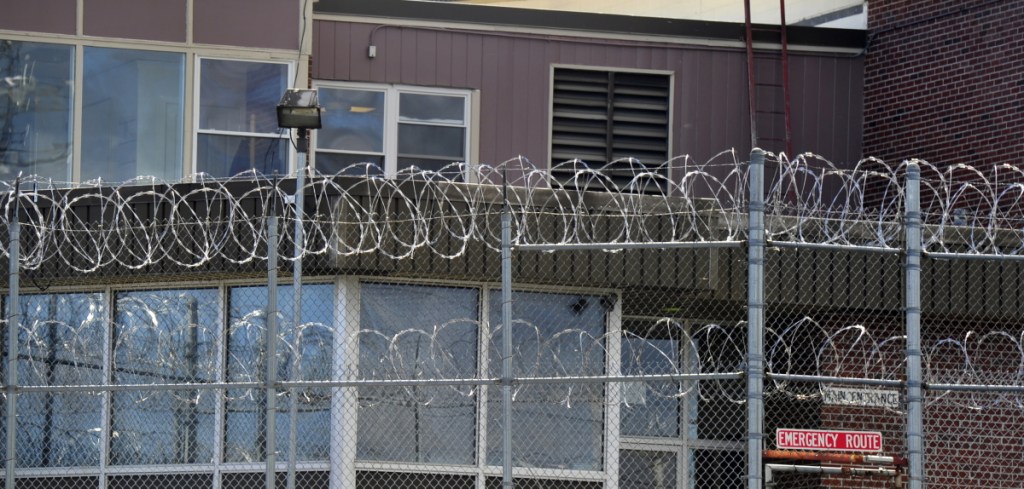In both houses of Congress and on both sides of the aisle, lawmakers seem ready to address America’s glaring prison problem. It’s important that they not settle for half-measures, but rather seize this opportunity to overhaul federal criminal sentencing.
In a country with just 5 percent of global population, U.S. prisons hold a quarter of the world’s incarcerated – at an annual cost of more than a quarter trillion dollars. This is unsustainable, not just economically but socially and morally, as well.
Criminal sentences must be severe enough to discourage people from breaking the law, but there is a price to pay for making them excessive. Imprisoning millions, year after year, destroys families and neighborhoods and imposes enormous social pressures on a nation with a poor track record of integrating ex-prisoners into its economy.
Minority communities bear the brunt of the trouble: On any given day, about one in four non-Hispanic black men ages 18 to 30 without a high school diploma is incarcerated.
The U.S. incarceration rate is partly a response to a rise in crime that began decades ago. But Congress bears responsibility as well. The Sentencing Reform Act of 1984, which abolished parole for federal offenders, lengthened prison terms. Subsequent legislation imposed mandatory minimum sentences for many federal offenses, limiting the discretion of judges and parole boards. Prosecutors, too, became more aggressive. And states adopted similarly harsh laws.
Those mandatory sentences persisted long after violent crime peaked in the early 1990s. From 2000 to 2011, as crime continued to decline, the federal prison population increased 50 percent.
More than 2 million Americans now reside in federal, state and local prisons. Among those taken into federal custody, 40 percent have a substance abuse disorder, the federal Bureau of Prisons estimates. Many of them should be detoured to less costly, and more beneficial, programs designed to address their problems rather than merely warehouse their bodies.
In recent years, state governments have begun to reverse the incarceration trend, most of them succeeding in reducing both incarceration and crime. The movement has been bipartisan. Conservative Texas has seen both imprisonment and crime fall by more than 20 percent.
But the federal government has not followed suit. Congress has yet to settle on how much it’s willing to change the situation – whether to tweak federal prison policy only slightly, as a House bill would do, or also revamp criminal sentencing, as a Senate effort proposes.
The House’s First Step Act, passed by that chamber overwhelmingly in May, would provide $50 million annually for five years, for drug treatment, jobs training and other efforts to aid rehabilitation and reduce recidivism. These are worthy changes, but they affect only the “back end” of prison policy – after offenders have already been sentenced. It would be a shame to stop there and not address sentencing itself, as a bipartisan bill in the Senate would do.
The Sentencing Reform and Corrections Act of 2017 would reduce mandatory minimum sentences for some nonviolent offenses while imposing new ones for certain drug trafficking crimes and domestic violence. It would also reform some prison practices, imposing limits, for instance, on the solitary confinement of juveniles.
The bill’s cosponsors range from California liberal Kamala Harris to Idaho conservative Mike Crapo. Its institutional support is similarly broad, from the American Civil Liberties Union to the American Conservative Union. The legislation represents a rare opportunity not only to reform the criminal justice system, but to wrench Washington out of its partisan dysfunction, if only momentarily.
Both the First Step Act and the Senate’s reform bill are good-faith efforts to lower the social and financial costs of an overgrown prison system. To save lives and money now being wasted, Congress must pass them both.
Send questions/comments to the editors.


